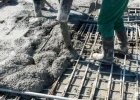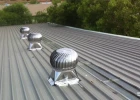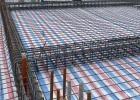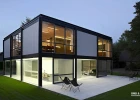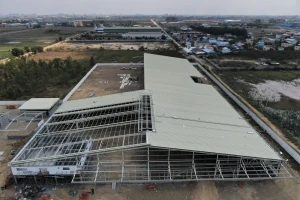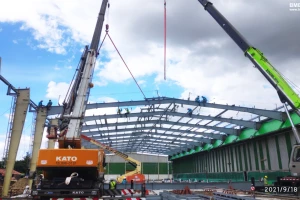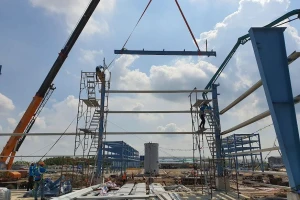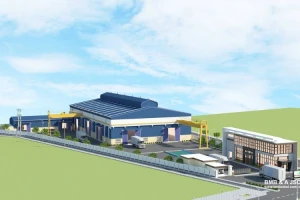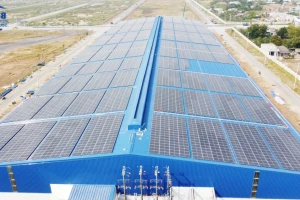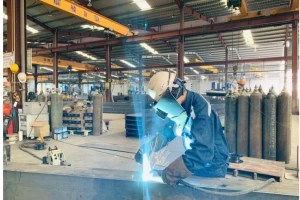Comparison among different pre-engineered steel buildings
Pre-engineered steel buildings have become a popular choice in the construction industry due to their cost-effectiveness, durability, and versatility. However, there are various types of pre-engineered steel buildings available, each with its unique features and advantages. In this article, we will discuss different factors when comparing different types of pre-engineered steel buildings to help you understand and determine which type best suits your specific needs.
1. A brief introduction to the pre-engineered steel building concept
Pre-engineered steel buildings refer to structures that are designed, fabricated, and assembled using standardized components and methods before being transported to the construction site. These buildings are engineered to meet specific requirements and are manufactured off-site, allowing for faster and more efficient construction processes.
The components of pre-engineered steel buildings, such as columns, beams, and panels, are fabricated in a factory and then assembled on-site. This construction method provides numerous advantages, including cost-effectiveness, customization options, durability, and compliance with building codes and regulations. Pre-engineered steel buildings have gained popularity in various industries to meet the unique needs of different applications.
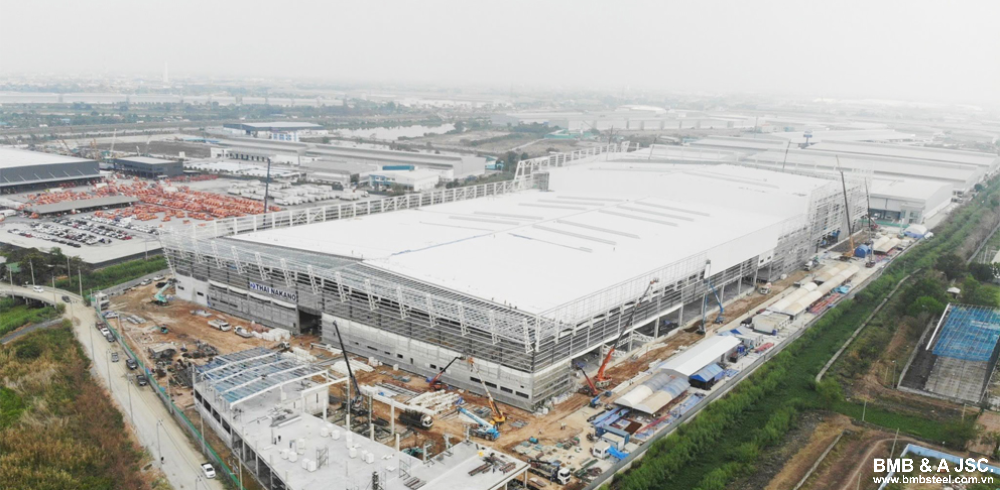
2. Comparison among different pre-engineered steel buildings
When comparing pre-engineered steel buildings, there are several key topics to consider. Here are some important factors to compare when evaluating different pre-engineered steel building options:
2.1 Design and Customization
- Architectural flexibility: How versatile is the design system in accommodating various building styles and architectural features?
- Customization options: What level of customization is available for finishes, façade treatments, interior layouts, and additional features?
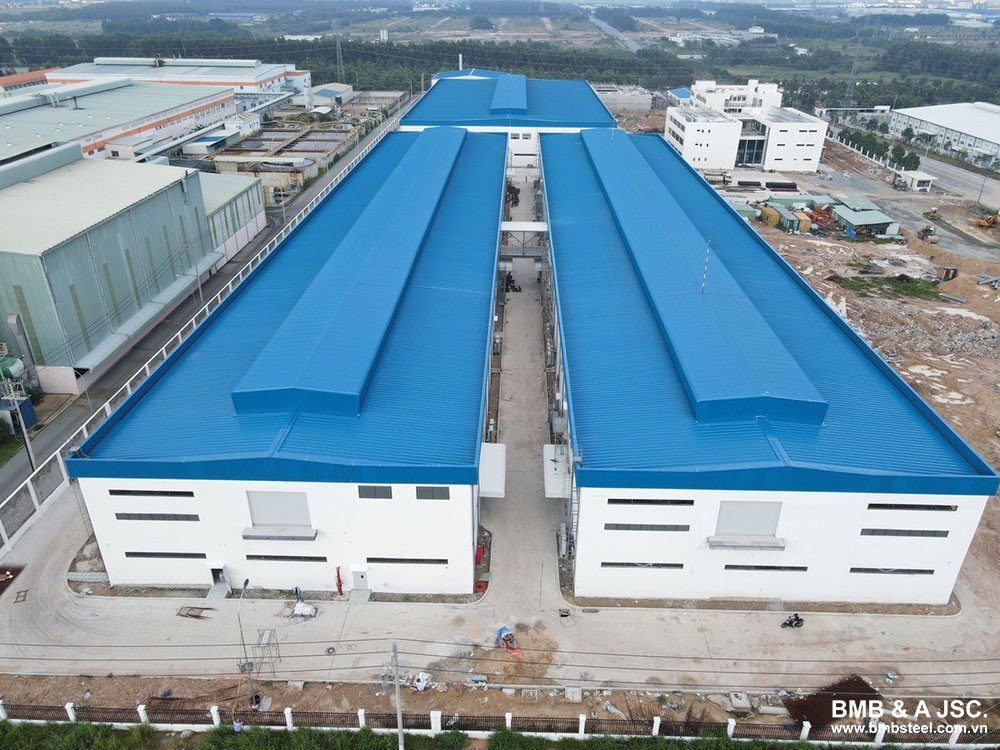
2.2 Structural strength and durability
- Load-bearing capacity: What is the maximum load the building can support, and how does it align with your specific requirements?
- Wind resistance: What wind speed can the building withstand without compromising structural integrity?
- Seismic resistance: How does the building perform in areas prone to earthquakes?
- Durability: What is the expected lifespan of the building and its resistance to corrosion, pests, and other environmental factors?
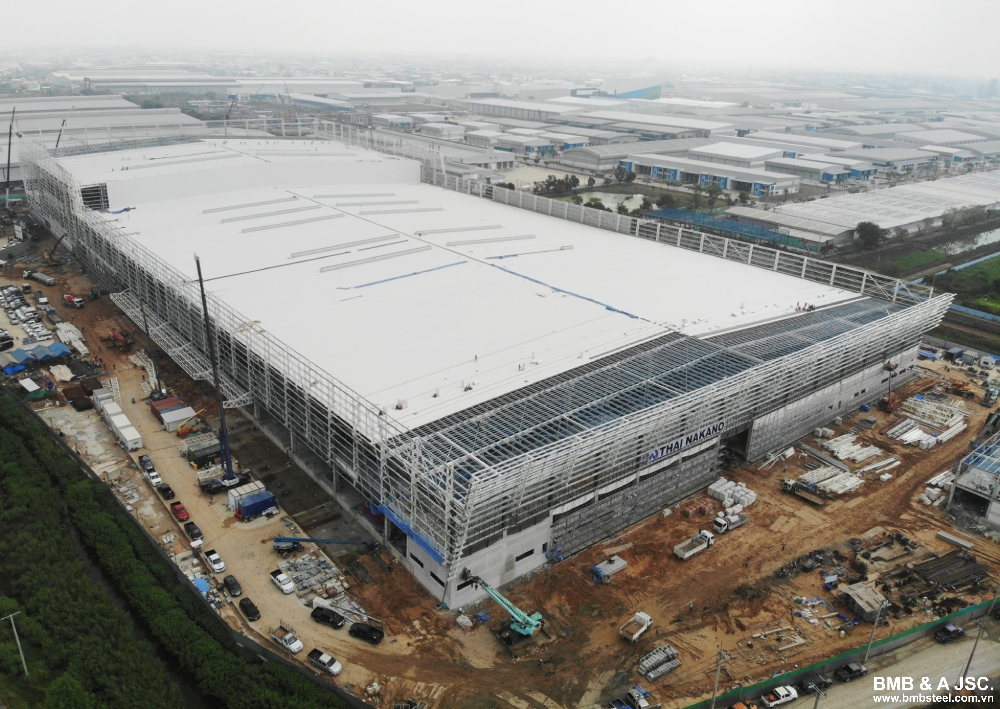
2.3 Construction efficiency and speed
- Prefabrication and assembly: How efficient is the prefabrication process, and how quickly can the building be assembled on-site?
- Construction time: What is the estimated construction timeline compared to traditional building methods?
- Labor requirements: How many workers are needed for the construction process, and how does it impact overall costs?
2.4 Cost considerations
- Initial cost: What is the overall cost of the pre-engineered steel building, including design, engineering, fabrication, and on-site assembly?
- Long-term cost savings: Are there any energy-efficient features or materials that can lead to reduced operational costs over time?
- Maintenance costs: What are the projected maintenance expenses, including repairs, coatings, and replacements?
2.5 Sustainability and environmental impact
- Material sourcing: Is the steel used in the building sourced sustainably?
- Energy efficiency: Does the building design allow for efficient insulation, natural lighting, and energy-saving systems?
- Recyclability: Can the building materials be recycled at the end of their lifespan?
2.6 Warranty and support
- Manufacturer's warranty: What is the duration and coverage of the warranty provided by the building manufacturer?
- Customer support: What level of technical assistance and customer support is available during the construction and post-construction phases?
2.7 Code compliance and certifications
- Building code compliance: Does the pre-engineered steel building meet local building codes and regulations?
- Certifications: Has the building system been certified by recognized industry standards organizations for quality and safety?

By considering these factors and comparing different pre-engineered steel building options, you can make an informed decision that aligns with your specific needs and requirements.
3. How to learn thoroughly about the comparison between different types of pre-engineered steel buildings
Here are the steps you can follow to gain a comprehensive understanding:
Research and gather information:
- Start by conducting thorough research on pre-engineered steel buildings, their types, and their applications.
- Utilize reputable sources such as industry publications, manufacturer websites, case studies, and technical resources to gather relevant information.
- Take note of the key features, benefits, and limitations associated with each type of pre-engineered steel building.

Define your project requirements:
- Clearly identify the specific requirements of your project, including the intended use, size, layout, design aesthetics, budget constraints, and any specific challenges or constraints.
- Understand the unique needs and considerations associated with your project, such as load-bearing requirements, climate conditions, seismic zones, or local building regulations.
Create a comparison framework:
- Develop a structured framework to compare the different types of pre-engineered steel buildings.
- Identify the key factors that are important to your project, such as structural strength, design flexibility, cost considerations, sustainability, or customization options.
- Determine the relative importance of each factor based on your project requirements.
Seek expert advice:
- Consult with professionals in the pre-engineered steel building industry, such as architects, engineers, contractors, or building suppliers.
- Discuss your project requirements, goals, and the factors you have identified for comparison.

Make an informed decision:
- Based on the gathered information, comparisons, expert advice, and cost-benefit analysis, make an informed decision on the type of pre-engineered steel building that best aligns with your project requirements.
- Consider the trade-offs and prioritize the factors that are most important to your project's success.
By following these steps, you can gain a comprehensive understanding of the comparison between different types of pre-engineered steel buildings. This will enable you to make an informed decision that meets your project's specific needs and requirements.
Above is some information regarding the comparison among different types of pre-engineered steel buildings. Hopefully, this article has provided you with useful information. Visit BMB Steel’s website to read more about pre-engineered steel buildings and steel structures. You can also contact us for design consulting and steel production services.









